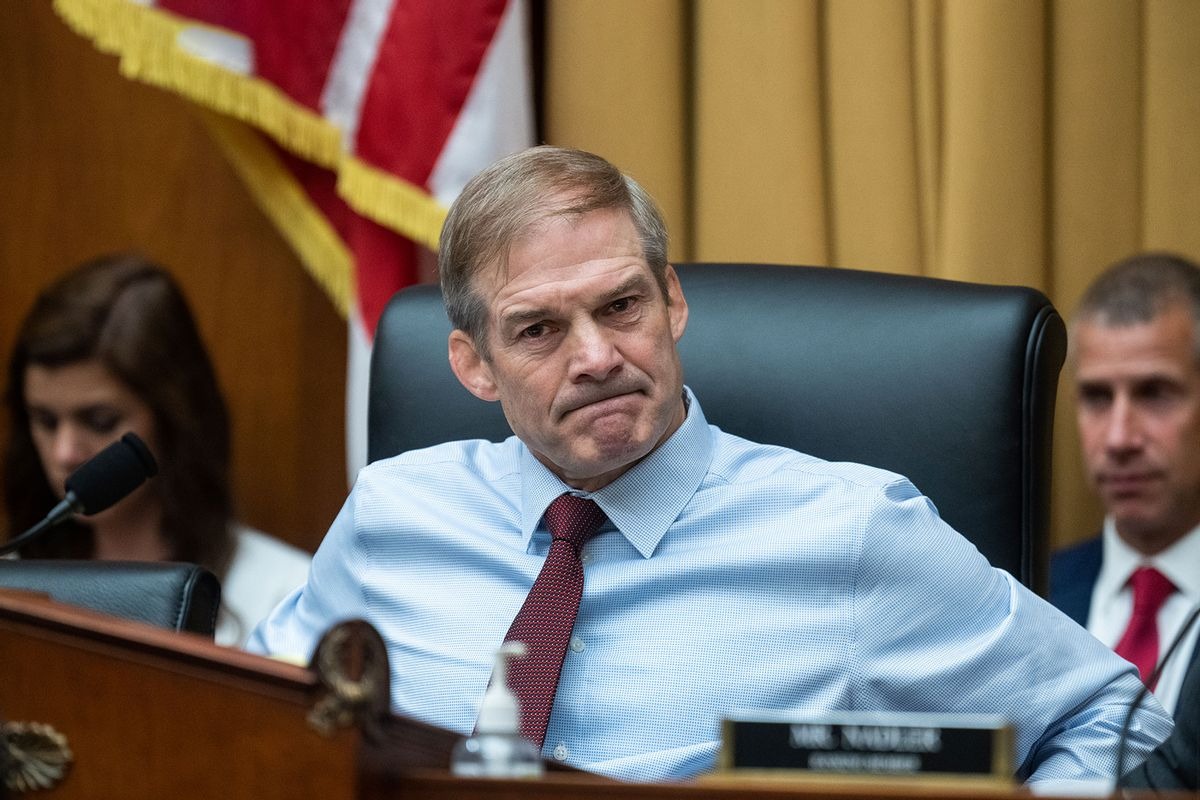The recent Iran-backed attacks in Jordan that resulted in the deaths of three U.S. service members have deepened the existing divide within the GOP regarding national security. The clash between senior Republicans advocating for an immediate retaliation and Trump-style isolationists highlights the growing tensions within the party.
While former President Donald Trump maintained a measured response to the attacks, influential conservative figure Tucker Carlson strongly criticized Senators Lindsey Graham and John Cornyn, who called for swift U.S. military action against Iran.
In a post on X, Carlson labeled the senators as “fuc**ng lunatics.” Graham urged the U.S. to “Hit Iran now. Hit them hard,” while Cornyn posted “Target Tehran,” clarifying that it wasn’t a call to bomb Iranian civilians.
Tucker Carlson (Credits: Chip Somodevilla/Getty Images)
This response to the Jordan attacks reflects the escalating feud between the GOP’s traditional foreign policy hawks and the rising isolationist-leaning faction.
Despite their differences, both groups find common ground in supporting Trump’s presidential bid. The isolationist wing, influenced by Trump’s preference for disengagement from prolonged foreign conflicts, has gained prominence within the party.
This internal struggle extends beyond the recent attacks, as the isolationist-leaning Republicans have resisted providing additional aid to Ukraine in its conflict with Russia.
This opposition has led to delays in approving a foreign aid package, showcasing the faction’s reluctance toward deeper international involvement, including potential actions against Iran.
While Trump criticized the attacks on his Truth Social platform and emphasized the need for a return to “PEACE THROUGH STRENGTH,” he did not explicitly endorse a specific response.
Grassroots conservatives, seemingly aligned with Carlson, expressed skepticism about engaging in a war, with comments like, “Who do you think is gonna fight this war for you?” directed at Graham.
Rep. Chip Roy, known for challenging House GOP leadership, echoed this sentiment on social media, emphasizing the belief that the U.S. should not engage militarily abroad without substantial support from allies.
Trump himself questioned NATO’s commitment to aiding the U.S. in case of conflict during a recent rally, expressing doubts about the alliance’s reliability.
Despite the divide, some Republicans, including Sen. Tom Cotton, called for decisive military retaliation against Iran’s terrorist forces, both within Iran and across the Middle East. Cotton argued that anything less would portray President Joe Biden as a commander-in-chief unworthy of the role.
Biden, responding to the attacks, vowed that the U.S. would respond, and other Democrats joined in calling for accountability and steps to protect personnel in the region.
White House spokesperson Andrew Bates criticized far-right congressional Republicans for politicizing national security and urged their support for Biden’s retaliation and the national security supplemental request.
This intricate dynamic within the GOP underscores the challenges of navigating differing perspectives on foreign policy and military engagements, particularly as the party aims to unify behind a potential Trump candidacy.
